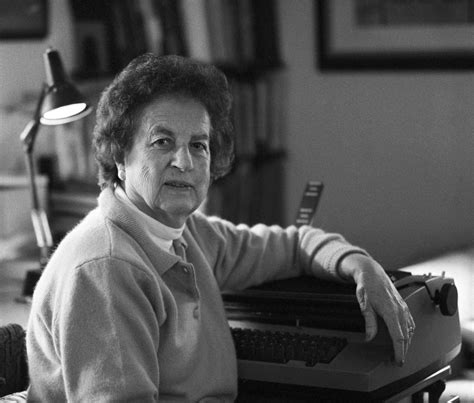A Quote by James Baldwin
History is not a procession of illustrious people. It's about what happens to a people. Millions of anonymous people is what history is about.
Quote Topics
Related Quotes
When I went to high school - that's about as far as I got - reading my U.S. history textbook, well, I got the history of the ruling class. I got the history of the generals and the industrialists and the presidents that didn't get caught. How 'bout you? I got all of the history of the people who owned the wealth of the country, but none of the history of the people that created it.
The way they taught history in schools was not appealing. They stressed wars and dates. They left the people out. I was attracted to history by the need to know about the people. In China, I went to a British school, and we just learned about kings and queens. Back in America, I had the regular social studies curriculum.
History is not everything, but it is a starting point. History is a clock that people use to tell there political and cultural time of day. It is also a compass that people use to find themselves on the map of human geography. History tells a people where they have been and what they have been, where they are and what they are. Most important, history tells a people where they still must go, what they still must be. The relationship of history to the people is the same as the relationship of a mother to her child.
I think a repressive regime always fears people who are awakened - particularly ordinary people. If they are awakened, I think governments all over the world feel uncomfortable about that; they want to be in control. They want to be the ones telling people: "This is what we have done in history" but when people begin to say, "No this is what we have done in history" it's a different thing.
I'm not against knowing the history of white people in the U.S. - that's not the point. The point is that there's so much greater history. We don't know about Native Americans. Very basically, we don't know that much about African American history, except that they were enslaved. You only get bits and pieces.
The president, who finds so much to complain about in other areas of the world, apparently saw nothing wrong in recognizing a Communist regime that has killed more people in its short history of control over the teeming millions of that great country than any other collection of dictators or tyrants in the history of the world.





































